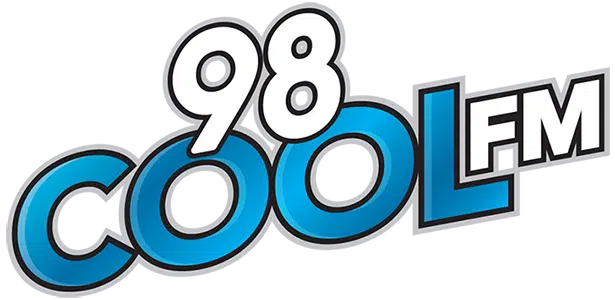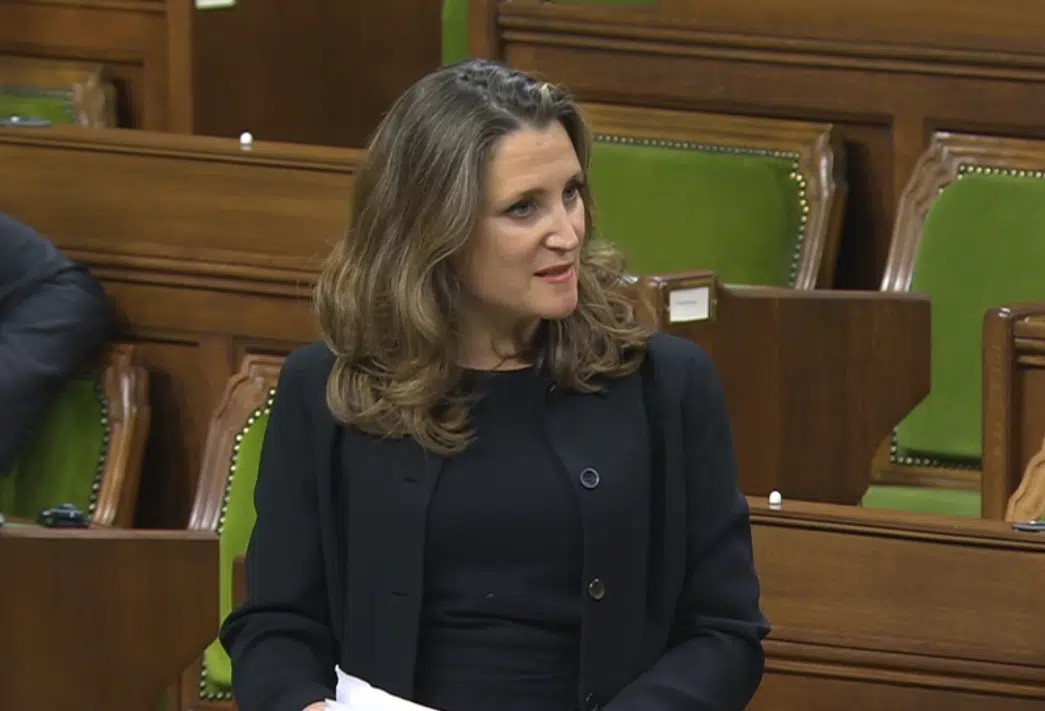Canada’s Finance Minister has proposed a budget that includes more than $101-billion in new spending over the next three years leading to an estimated deficit for the fiscal year at $154.7-billion. In the first budget in two years, Christia Freeland cautioned that the deficit could increase by another $15-billion, depending on any economic slow down from the third wave of the pandemic.
Today’s proposed budget includes $30-billion for child care and early learning by 2026. Freeland says the proposal is to cut the fees for regulated spaces by 50 per cent by next year, reaching a $10 daily average by 2026.
The budget proposes extending the Canada Emergency Wage Subsidy, the Emergency Rent Subsidy and Lockdown Support through September, with a gradual reduction in rates beginning in July.
VIDO on the USask Campus is to receive $59.2-million over three years beginning this fiscal year to support the development of its vaccine candidates and expand its facility.
Also in the budget, an increase to Old Age Security for those 75 and older, a one time payment of $500 this August, and a proposed permanent 10 per cent increase to OAS payments for those 75 and over beginning in July of 2022. Freeland is also proposing $3-billion over five years to support long-term care standards.
A few more taxes have been proposed, including a luxury tax on new cars and private aircraft valued at more than $100,000 and boats worth over $250,000, which would begin in 2022. There would also be an empty home tax for foreign homeowners, and excise duties on vaping products and a $4-dollar increase on the tobacco excise duty for a carton of 200 cigarettes.




















